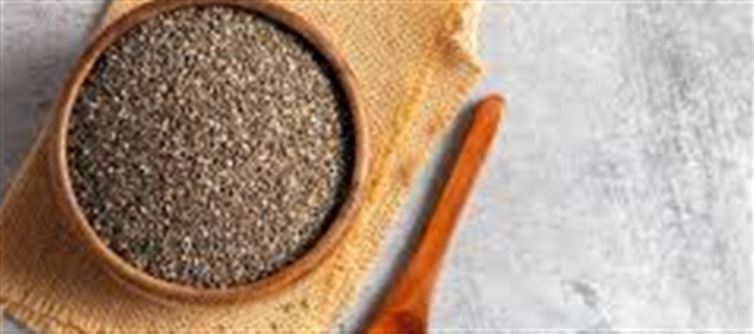
Chia seeds are celebrated for their rich nutritional profile, including high fiber, omega-3 fatty acids, and antioxidants. However, they may not be suitable for everyone. Certain individuals should exercise caution or avoid consuming chia seeds due to potential health risks.
1. Individuals with Swallowing Difficulties
Chia seeds can absorb up to 12 times their weight in water, forming a gel-like substance. This property poses a choking hazard for individuals with dysphagia or other swallowing disorders. If you have difficulty swallowing, it's advisable to consume chia seeds only after they have been soaked in water to prevent them from expanding in the throat and causing blockages.
2. people on blood pressure or Blood-Thinning Medications
Chia seeds are high in alpha-linolenic acid (ALA), a type of omega-3 fatty acid that can lower blood pressure and act as a natural blood thinner. For individuals on blood pressure or anticoagulant medications, such as warfarin, consuming chia seeds may enhance the effects of these drugs, potentially leading to hypotension or increased bleeding risk.
3. Those with Digestive Disorders
The high fiber content in chia seeds can cause digestive issues like bloating, gas, or constipation, especially in individuals with conditions like irritable bowel syndrome (IBS) or diverticulitis. It's essential for those with digestive disorders to consult healthcare professionals before incorporating chia seeds into their diet.
4. Individuals with Seed Allergies
people who are allergic to seeds, particularly flax or sesame seeds, may also be allergic to chia seeds. Allergic reactions can range from mild symptoms like itching or hives to more severe responses such as difficulty breathing. If you have a history of seed allergies, it's prudent to avoid chia seeds or consult with an allergist before consumption.
5. Individuals with Kidney Issues
Chia seeds are rich in phosphorus and potassium, minerals that can be challenging for individuals with kidney disease to process. Excessive intake of these minerals may exacerbate kidney problems. Those with chronic kidney disease or a history of kidney stones should monitor their chia seed consumption and consult healthcare providers to ensure it's safe for their condition.
In summary, while chia seeds offer numerous health benefits, they are not suitable for everyone. It's crucial for individuals with specific health conditions or concerns to consult healthcare professionals before adding chia seeds to their diet. Moderation and proper preparation are key to safely enjoying the nutritional advantages of chia seeds.
.jpg)




 click and follow Indiaherald WhatsApp channel
click and follow Indiaherald WhatsApp channel